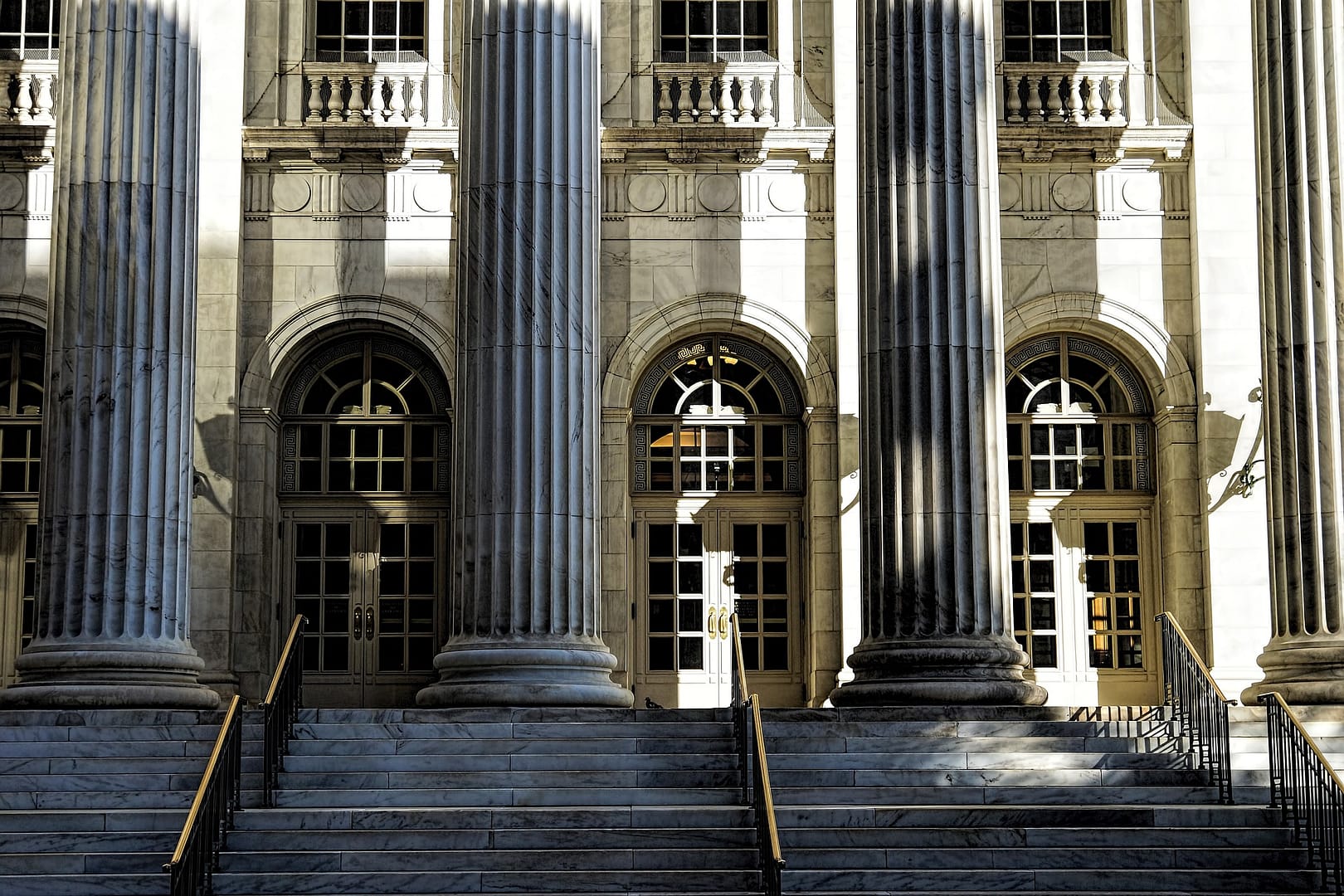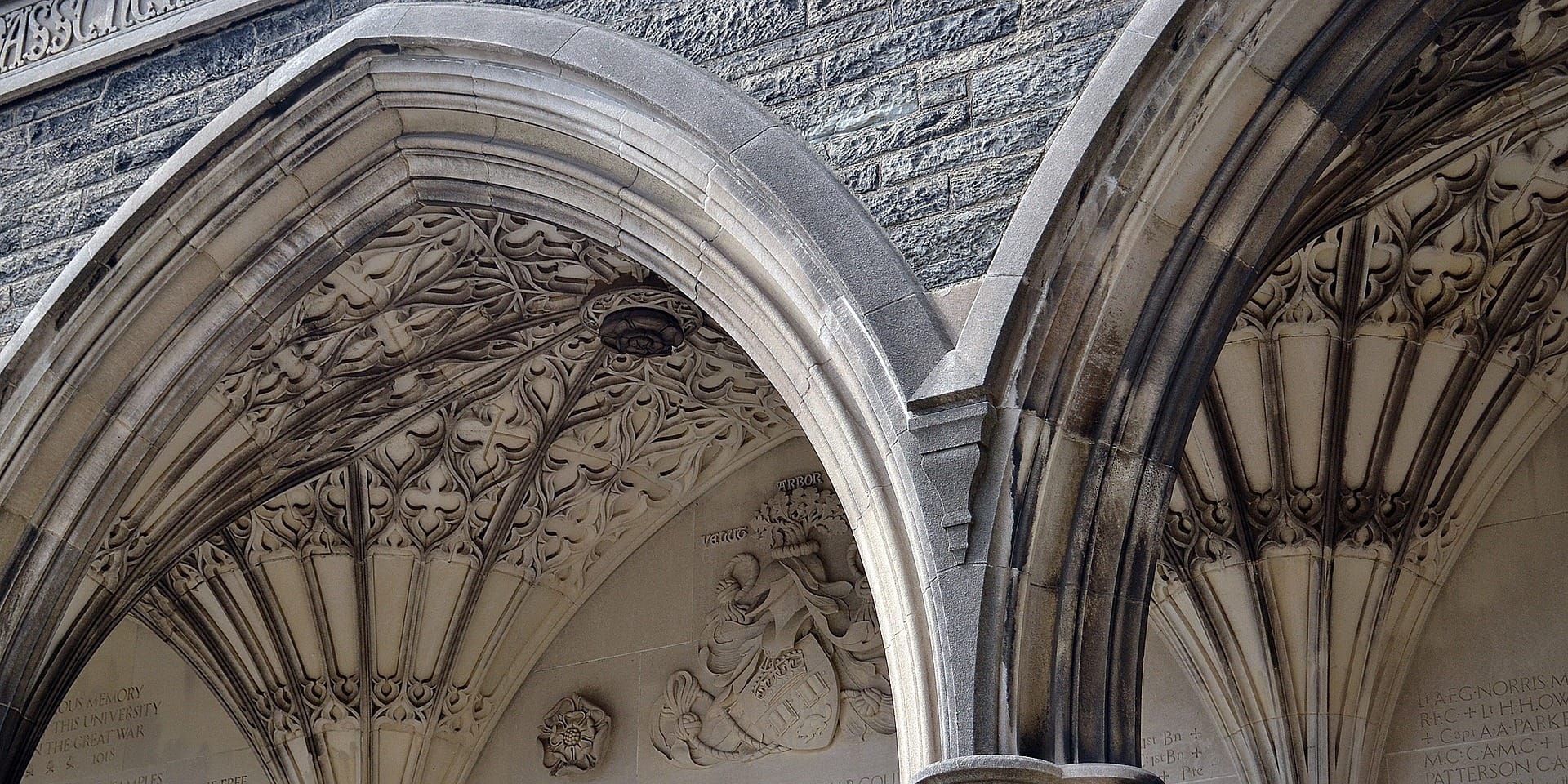Digest of Connecticut Appellate Court advance release opinions about trusts and estates, tax assessment, and…
Invited Error Doctrine Precludes Appellate Review
In this Connecticut appeal, Gladstein v. Goldfield, the Connecticut Appellate Court ruled that the invited error doctrine precluded appellate review of the trial court’s denial of plaintiff’s motion to substitute plaintiff.
Plaintiff initially was a 50% beneficiary of her mother’s trust. Plaintiff’s mother later reduced plaintiff’s share to 10%. Plaintiff filed for bankruptcy in Nevada but didn’t list her interest in the trust as an asset. She also didn’t identify in the bankruptcy the claims she had against (i) her sister and brother-in-law for unduly influencing her mother to reduce her share of the trust; or (ii) her mother’s lawyer for allowing her sister and brother-in-law to influence her mother to reduce her share.
After she received her bankruptcy discharge, plaintiff commenced an action in Connecticut to pursue those claims against her sister, brother-in-law and mother’s lawyer. “[D]efendants filed motions to dismiss on the ground that the plaintiff’s alleged interest in the trust was properly an asset of the plaintiff’s bankruptcy estate and, as such, an asset of the bankruptcy trustee. Thus, the
defendants claimed, the plaintiff had no standing to bring this action. Because the plaintiff lacked standing, the defendants asserted, the court did not have subject matter jurisdiction over the action. Accordingly, the defendants claimed, they were entitled to a dismissal of the action.”
In response, “plaintiff concede[d] that she lacked standing to bring this action in her own name. For that reason, … plaintiff filed a motion to substitute the bankruptcy trustee as the proper plaintiff pursuant to General Statutes § 52-109.” That statute provides that “[w]hen any action has been commenced in the name of the wrong person as plaintiff, the court may, if satisfied that it was so commenced through mistake, and that it is necessary for the determination of the real matter in dispute so to do, allow any other person to be substituted or added as plaintiff.”
Plaintiff urged the trial court to interpret “mistake” as used in § 52-109 the same way as another trial court did in a different case where the Supreme Court had “tacitly approved” the interpretation (DiLieto II). More specifically, plaintiff asked the trial court to find that “mistake” means “an honest conviction, entertained in good faith and not resulting from the plaintiff’s own negligence . . .” Defendants agreed with this definition but objected to the motion to substitute.
“[T]he [trial] court, … relying on the definition of ‘mistake’ advanced by the parties, concluded, inter alia, that the error was the result of the plaintiff’s own negligence and denied the plaintiff’s
motion to substitute. Consequently, the court granted the defendants’ motions to dismiss on the ground that the plaintiff lacked standing.”
Plaintiff appealed. The Appellate Court affirmed.
Plaintiff’s Main Argument on Appeal
“On appeal, the plaintiff … change[d] course and argues that the DiLieto II definition of mistake, as advanced by all parties at trial and embraced by the trial court, was incorrect…. Despite advocating for that precise definition of ‘mistake’ before the trial court, the plaintiff now argues that the court should have concluded that a mistake may result from a party’s own negligence.”
Invited Error Doctrine
“As we previously have explained, the term induced error, or invited error, has been defined as [a]n error that a party cannot complain of on appeal because the party, through conduct, encouraged or prompted the trial court to make the [alleged] erroneous ruling.”
Appellate Court Declines to Review because of the Invited Error Doctrine
“Our review of the record reveals that the plaintiff induced the trial court to apply the definition of mistake adopted by [DiLieto II]…. Specifically, in the trial court, the plaintiff and the defendants expressly cited and relied on the DiLieto II definition of ‘mistake’ in their briefs filed in conjunction with the plaintiff’s motion to substitute. Thus, the plaintiff cannot now disavow on appeal the legal argument that she advanced in the trial court. In short, she cannot now claim, as error, the court’s adoption of the legal position she urged upon the court in support of her motion to substitute.”
Appellate Court Declines to Review under the Plain Error Doctrine
“[P]laintiff request[ed], nevertheless, that [the Appellate Court] consider her claim under the plain error doctrine. ‘The plain error doctrine has been codified at Practice Book § 60-5, which provides in relevant part that [t]he court may reverse or modify the decision of the trial court if it determines . . . that the decision is . . . erroneous in law. . . . The plain error doctrine is … a doctrine that [the Appellate Court] invokes in order to rectify a trial court ruling that, although either not properly preserved or never raised at all in the trial court, nonetheless requires reversal of the trial court’s judgment, for reasons of policy. . . . The plain error doctrine is reserved for truly extraordinary situations where the existence of the error is so obvious that it affects the fairness and integrity of and public confidence in the judicial proceedings. . . . A party cannot prevail under plain error unless it has demonstrated that the failure to grant relief will result in manifest injustice.'”
“On the basis of this record, reversal for plain error is not warranted. Regardless of whether the court properly interpreted § 52-109, no manifest injustice results from our refusal to entertain an argument fashioned anew for appellate purposes, particularly where the freshly minted argument contradicts the position that the plaintiff advanced in the trial court…. In sum, the plain error doctrine is not available to the plaintiff because the record in this matter does not reveal that any error exists in the trial court’s judgment that is so obvious that it affects the fairness and integrity of and the public confidence in the judicial proceedings.”
Appellate Court Declines to Review under its Supervisory Powers
“[P]laintiff [also] urges this court, if we decline to find plain error, to utilize our supervisory powers to review her claim first raised on appeal. This claim warrants no discussion as it is facially inappropriate for the exercise of our supervisory powers…. Moreover, the plaintiff’s request that we review her claim pursuant to our supervisory powers was summarily raised for the first time in her reply brief. As a result, we decline to review her claim.”
Other Things to Note
In footnote 3, the court noted: “Because we conclude that the plaintiff’s claim is not reviewable, we need not determine whether the court’s interpretation of the term ‘mistake’ in § 52-109 was proper. We leave consideration of that issue to the day when such claim properly may come before us.”


